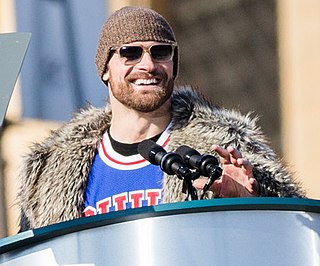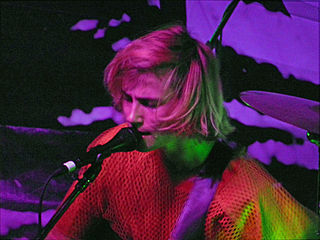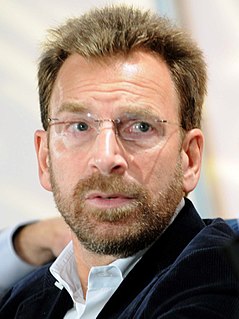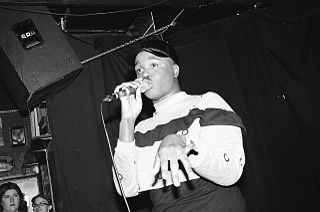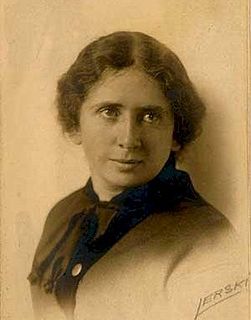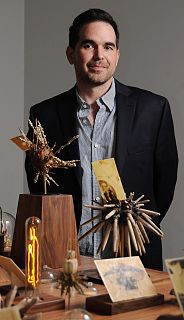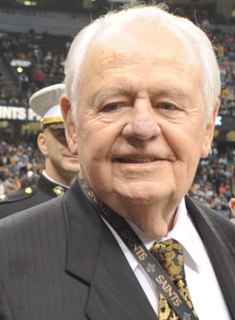A Quote by Lady Gaga
I feel that homophobia runs rampant in the music industry, and that artists are allowed to speak openly in a hateful way, in a homophobic way, in a misogynistic way, and the press does not challenge them. And I'm going to be taking a very strong stance against that, and I am an artist who refuses to accept that behavior.
Related Quotes
If you have a friend, what's the best way you can experience her beauty? It's to really accept her. She's weird in this way, I accept it. She's hard to talk to, I accept it. Then that person eventually will come all the way out into the sun. I think it's the same way with our talent. We say, "Look, I'm not going to judge you. I'm going to try to use you in the very best way."
I've tried to be clear about who I am, and be as open as possible with the press, and speak extremely candidly and openly about stuff. I feel like in almost every instance, it's completely backfired, and I feel like people have all these kind of absurd ideas about the way I think about myself, and my own self-identity.
The history of the music industry is inevitably also the story of the development of technology. From the player piano to the vinyl disc, from reel-to-reel tape to the cassette, from the CD to the digital download, these formats and devices changed not only the way music was consumed, but the very way artists created it.
The history of the music industry is inevitably also the story of the development of
technology. From the player piano to the vinyl disc, from reel-to-reel tape to the cassette, from the CD to the digital download, these formats and devices changed not only the way music was consumed, but the very way artists created it.
God's solution for "I can't live that way anymore" is basically, "Good! Don't live that way anymore. Set firm limits against evil behavior that are designed to promote change and redemption. Get the love and support you need from other places to take the kind of stance that I do to help redeem relationship. Suffer long, but suffer in the right way." And when done God's way, chances are much better for redemption.
If we actually supported these gay artists and pumped money behind them the same way they pump money behind these divas, a conversation of homophobia in hip hop wouldn't be. Because I would have the money and the revenue coming in. It's not about homophobia or who's going to push back. It's all about who's supporting you and where there's money from.
I'm a New York person. I've never gone out of the way to speak to the press to change my persona - I probably should have. It's too late now. But when I first started I was like, "I'm gonna stay this way. I'm gonna be this way," and I continued to. I probably should have sugarcoated it like, "This is not really the way I am - I'm an actor."
I feel that one of the roles of the artist, in the way I define it, is that I need to be not just someone observing these tiny pockets of people on the planet who have devoted their lives to preserving whatever it is they're passionate about. I want to be them. I am one of them. I just have a different outlet and final outcome as an artist than many of them would. For them, the process can just end in holding on to it, just knowing they've got it tucked away in their private collection. I value that so much, but I feel the conversation dies in a way there.
The person who lets them get you down, any kind of problem, is the person that fades out. So you've got to be strong enough; you don't like it, but you've got to be strong enough to accept what's going on and that you're going to fight it or whatever it takes to overcome this matter. That's the way I feel.
One of the most obvious aspects of the music to people who know jazz is: How does it feel in the swing? These are things that are very subtle and that jazz musician appreciate in a particular way. I appreciate the way Tommy Flanagan swings, the way that Barry Harris swings, the great pulse that Hank Jones and Bill Evans have - end every one of them is different.



